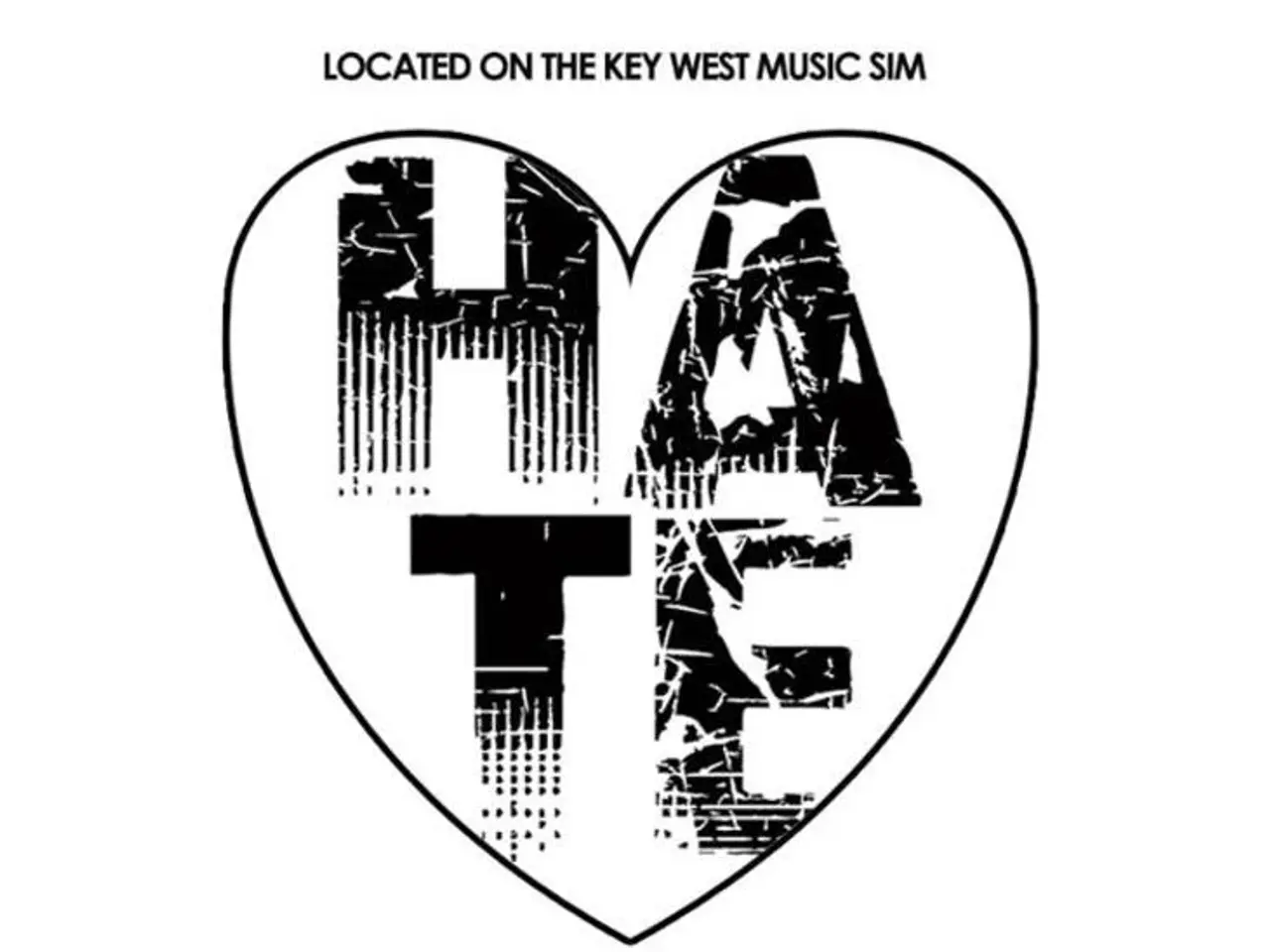U.S. voices concerns over Germany's freedom of speech limitations: "Constrained expressive rights"
In a striking revelation, the 2024 U.S. Department of State Human Rights Report, under the Trump administration, has been criticised for a policy framework that undermines and contradicts fundamental freedoms of speech and press. This revelation comes at a time when significant human rights problems in Germany, such as restrictions on freedom of expression and credible reports of hate crimes, are under scrutiny.
The Trump administration's approach to human rights, as reflected in the report, has been marked by politically driven revisions and strategic distortions. This strategy has included attacks on press freedom, including funding cuts to public media and lawsuits against news outlets, as well as weaponizing human rights reports to target political opponents and reward allies regardless of their rights records.
Specifically regarding freedom of speech and the press, the Trump administration took unprecedented steps such as cutting $1.1 billion in public broadcasting funds to NPR and PBS, filing a $10 billion defamation lawsuit against the Wall Street Journal, and banning The Associated Press from certain White House access. These actions have been widely criticised as undermining independent journalism and the First Amendment.
Moreover, the reports exhibited hypocrisy and erosion of standards by attacking democratic allies over free speech issues while simultaneously seeking to criminalize peaceful expression within the U.S., including penalizing college students who protested against administration policies. The reports also removed mention of important categories such as gender-based violence and rights of LGBTQI+ individuals, which human rights experts view as a radical exclusion inconsistent with international norms.
The changes made to align the report with President Trump's "America First" policy have been heavily criticised by scholars and human rights observers, who view this stance as an abandonment of core American values and a politicization of human rights reporting that reflects the Trump administration’s "MAGA" ideology and priorities rather than objective human rights standards.
Meanwhile, the human rights situation in Germany has deteriorated over the past year. The police in Germany have reportedly conduct routine searches of residences, seize electronic devices, interrogate suspects, and monitor individuals exercising their right to freedom of speech. Significant human rights problems in Germany include restrictions on freedom of expression and credible reports of hate crimes, violence, or threats of violence motivated by antisemitism.
The U.S. government under President Donald Trump has criticised German legislation that requires internet platforms to remove hate speech within 24 hours. However, the U.S. government generally respects freedom of the press in Germany, but journalists, especially during demonstrations, are increasingly facing pressure from the police.
In a recent development, a Bavarian pensioner was reported for a meme posted on X, depicting Economics Minister Robert Habeck, resembling a shampoo brand logo, with the Vice-Chancellor depicted, and the caption: "Idiot." This incident has added to the ongoing debate around criminal charges for insults in Germany.
The changes made to the 2024 U.S. Department of State Human Rights Report and the deteriorating human rights situation in Germany highlight the need for a renewed commitment to upholding core democratic values, such as freedom of speech and the press, both domestically and internationally.
Read also:
- Discussion between Putin and Trump in Alaska could potentially overshadow Ukraine's concerns
- Court petitions to reverse established decision on same-sex marriage legalization
- Independence supporters in New Caledonia refuse agreement offering authority without a vote on sovereignty
- Proposed Standardization of Food Labeling Laws Among Member States by the Commission








